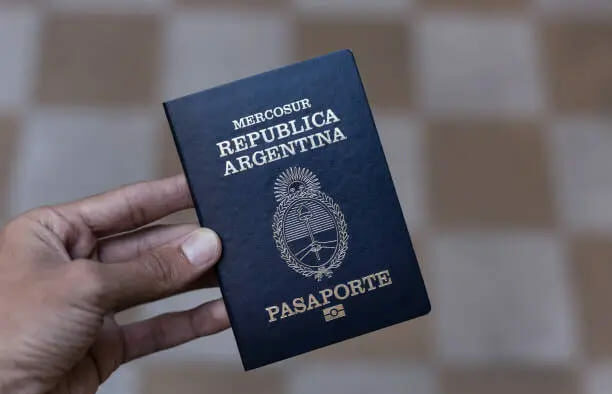For the Citizenship by Descent in-person processing option, first, you must declare your citizenship through the Registro Civil, which is usually a relatively fast step and can take a few days. After that, you apply for the DNI with the option of Argentine nationality. Once the DNI application is submitted, the processing time is longer and typically takes approximately one month or more. During this period, you can travel abroad and return when it’s ready, or grant PoA to someone who can ship it via DHL if you prefer.
Once your DNI is issued, you may obtain your passport at an airport in Argentina, where instant passport issuance can be completed within one day. In summary, citizenship by descent is processed quickly, DNI issuance is slow, and passport issuance is fast.
As a result, if you are short on time, you may need to travel to Argentina twice: first, to process citizenship and submit the DNI application, then return once the DNI is ready to obtain the instant passport in a single day. Alternatively, you may apply for the passport at an Argentine consulate abroad; however, consular passport processing typically takes longer. For accurate and up-to-date timelines, you should contact the relevant consulate directly, as processing times vary by location.

